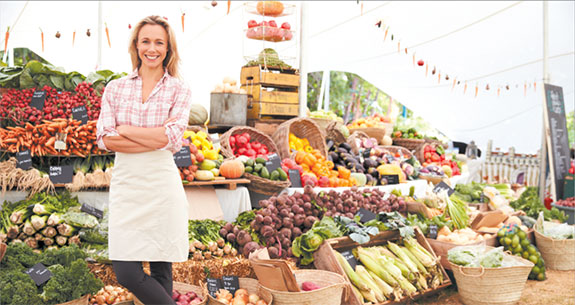
 Four Ways to Feel Better
Four Ways to Feel Better
Down in the dumps? Examine these factors in your life to see if you can make improvements.
Autonomy - Take control of a situation. If you don't love a particular activity, job or habit, work on ditching it.
Competence - Master skills by taking classes, joining specialized organizations or reading books and watching videos.
Intimacy - Schedule quality time with the ones you love.
Self-esteem - Meet goals that you care about, not just those
others value.
 Food Fear
Food Fear
By the time nutrition research is filtered through to the public, we often see foods as one-dimensional – either good or bad. Take each pronouncement with a grain of salt and put it to the junk science test. Be skeptical about:
- Suggestions that promise a quick fix.
- Dire warnings of danger from a single product.
- Claims that sound too good to be true.
- Advice based on a single study.
- Recommendations made to help sell a product.
 Skin Deep
Skin Deep
Our publisher shares this story about her life as a psoriasis sufferer: "I'm immersed in the pool, blissfully minding my own business, when a woman swims up, glares at the silvery spots on my arms and spits out, 'What's wrong with you?' Since this isn't my first rodeo, I'm quick to tell her, 'It's psoriasis. And it's not contagious.'"
August is National Psoriasis Month, marking a chronic disease experienced by our publisher and 8 million other Americans. Rather than pop a cork to celebrate, let's spill some ink.
Psoriasis, which generally appears as patches of raised, red skin covered by a flaky, white buildup, is not hives, poison ivy or eczema. It's not due to eating the wrong things or taking too few vitamins.
Certain people – slightly more women than men – carry genes that make them more likely to develop the condition, which can appear anywhere on the body.
Patients now have a wide range of options – from topical steroids to injectable drugs – to attempt to improve their skin. But there is still no cure.
Hit the Farmers' Market
Local produce is usually harvested at peak ripeness, when nutrients are fully developed. This means a trip to a farmers' market in the Triangle isn't just a fun outing, it's the basis of healthy eating.
